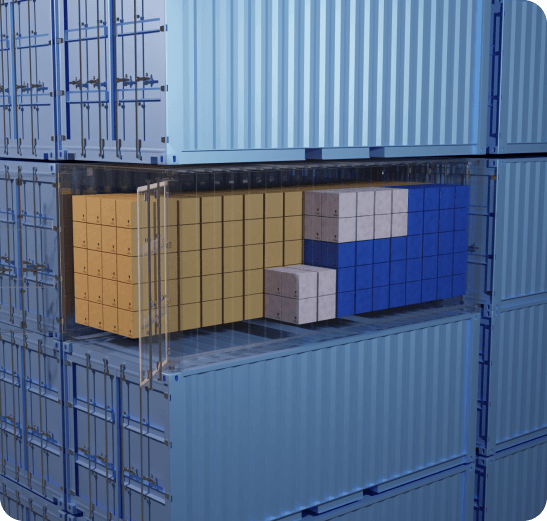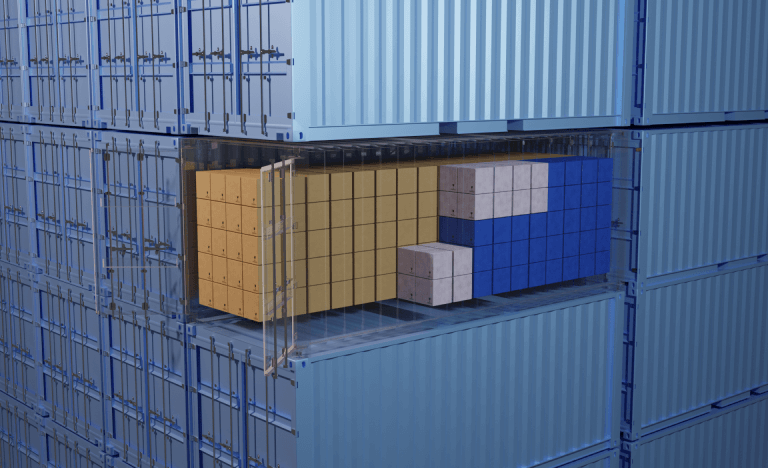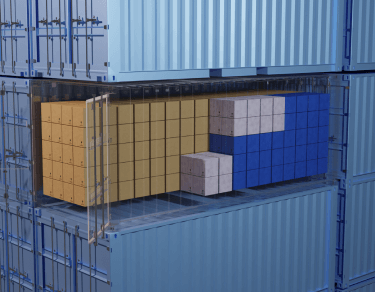Less Container Load
Delivery of collective cargoes from 1m3 to 15m3, transported in a common container with other shippers in order not to overpay for delivery. It is considered the most economical way to deliver small quantities of goods



Difference Between
LCL & FCL
FCL (Full Container Load) and LCL (Less Container Load) are terms used in international sea freight transportation. FCL and LCL are different both by definition and practice.
If you need to transport a small cargo that can not be sent by regular post, but the cost of air freight is already prohibitively high for such cargo, and for transporting the whole container it is still too small, then sending the combined cargo is what you need.
The dimensions of the cargo for the collective shipment
According to the world standard, if the volume of the shipment does not exceed half the volume of the container (a 20-foot standard container has a volume of 33.2m3), a combined shipment – LCL applied.



How it works?
Let's say you found an attractive item on the Chinese portal, bought it - and now you need to deliver it to your city. You make an application for delivery, and we immediately contact our agents abroad in the nearest city from the place of dispatch. They take the cargo from your seller and send it to the cargo consolidation warehouse. In this warehouse, dispatch of containers is formed all over the world, including to the countries of Europe and the CIS. Cargo consolidation is not an easy process. The company that you trust the delivery must have experience in this area, since they need to arrange all stages of transportation.
Use of LCL
When transporting a consolidated cargo, you do not need to worry about returning the container after its delivery. Since along with your cargo in the container the goods of other shippers are transported, the return of the container becomes a problem of the container line. Senders of LCL need only worry about the cargo that is to be transported, and more about nothing. It should be noted that dangerous goods are never accepted for the transport of consolidated cargoes (falling under the IMO classification and having UN number - that is, flammable, combustible, explosive, radioactive, etc.)
Get an instant quote
Are you looking for an intuitive, one-stop platform for sea freight LCL quotes and bookings? You’re in the right place.